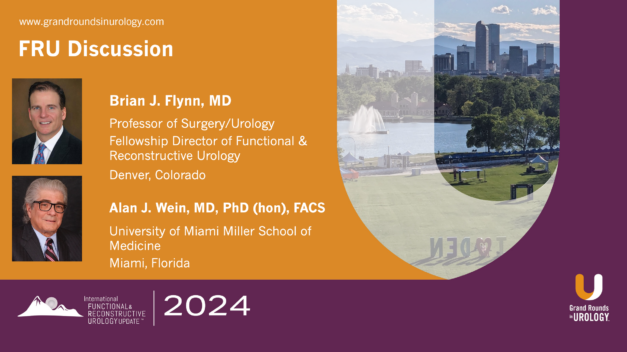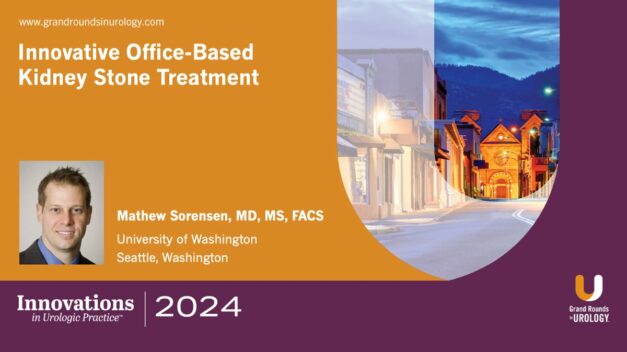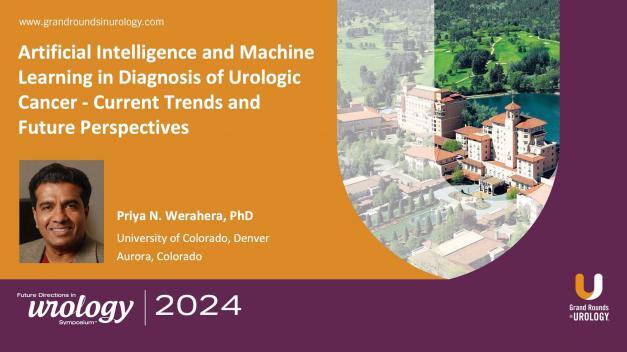Differentiating PSMA Diagnostics & Therapeutics
Phillip J. Koo, MD, examines radiopharmaceuticals, addressing trends and challenges in imaging and therapeutics. In this 11-minute presentation, Dr. Koo theorizes that radiology’s commoditization, accelerated by private equity and shifting toward high-volume, low-quality imaging, has raised concerns about diagnostic consistency.
Dr. Koo shares that the accessibility of PSMA PET imaging has rapidly expanded in the US. High utilization rates have led to issues of potential overuse and over-treatment, underscoring the need for more deliberate clinical decision-making. Variable imaging quality, often tied to the facility’s focus on throughput over accuracy, presents risks in diagnostics and patient outcomes. His presentation calls for ongoing advancements in both technology and professional collaboration to fully realize these tools’ therapeutic and diagnostic value.
Read More




